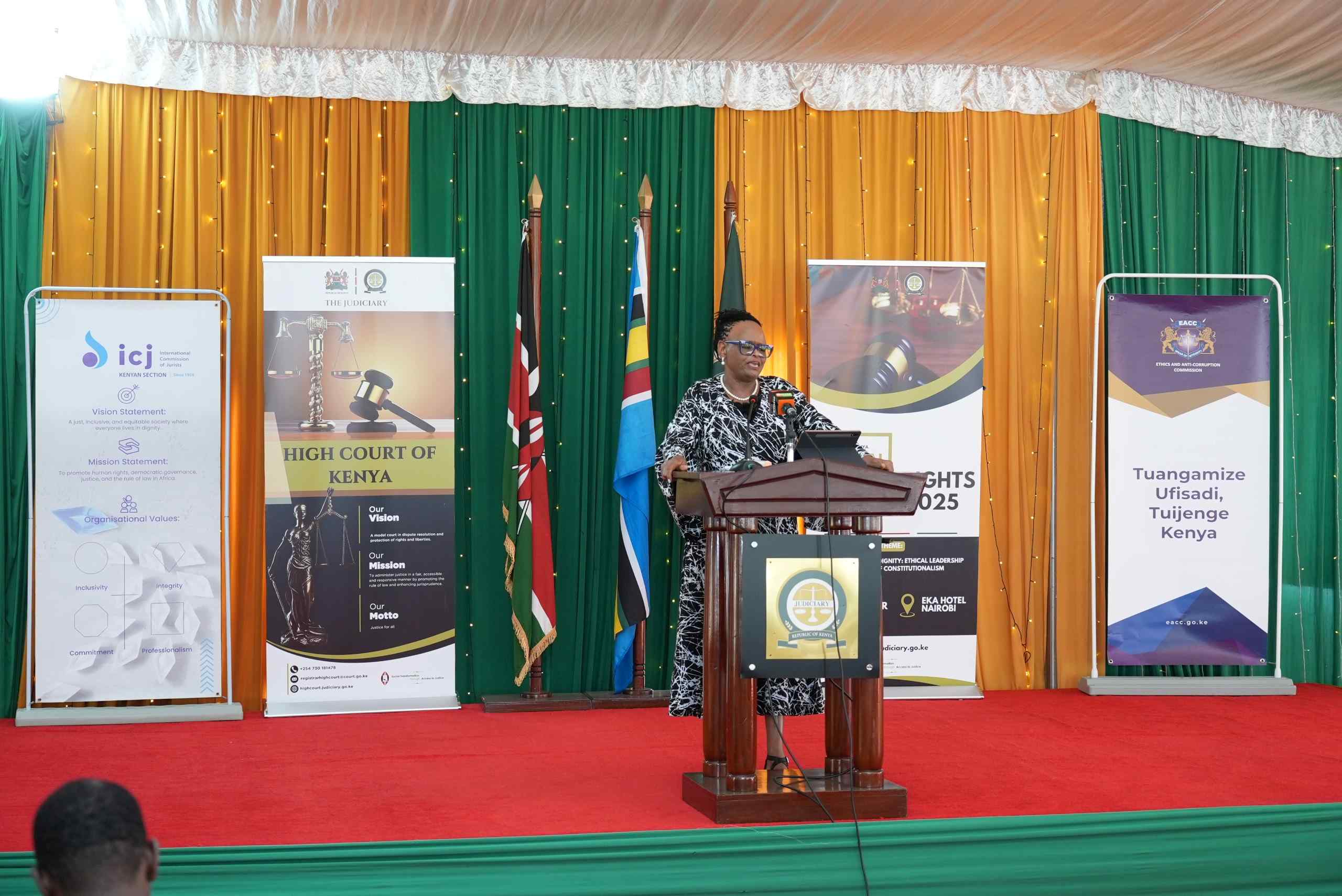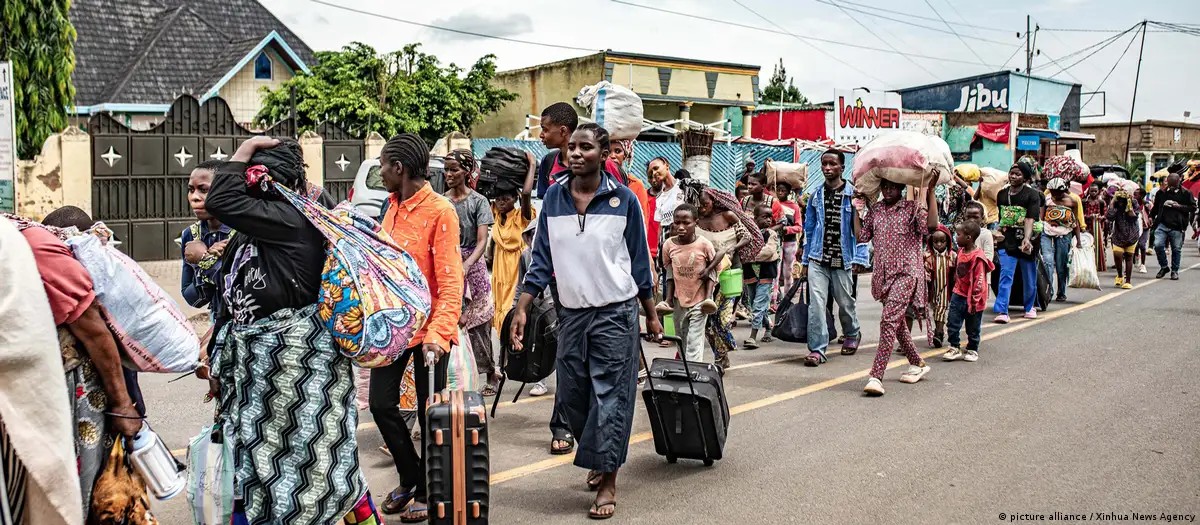MPs question rising debt despite Treasury’s reduced CBK borrowing

The Treasury drew only Sh700 million from the CBK overdraft in the first three months, down from Sh1.9 billion during the same period last year.
The National Treasury has managed to reduce its dependence on the high-cost overdraft facility at the Central Bank of Kenya (CBK) by more than half, thanks to reforms in financial management and government payment systems.
Deputy Controller of Budget Stephen Masha told Parliament that these changes have dramatically lowered the government’s borrowing from the central bank in the opening quarter of the financial year.
More To Read
- Treasury: Kenya can no longer rely on taxes or borrowing for big infrastructure projects
- World Bank warns political interference weakening Kenya’s state-owned enterprises
- Women secure majority of contracts in inclusive government procurement programme
- Treasury CS John Mbadi defends ballooning State House budget
- Ndindi Nyoro questions government’s decision to sell 15 per cent Safaricom stake
- Government cuts funding to merged, dissolved state corporations
Data presented to the National Assembly Committee on Debt and Privatisation show that the Treasury drew only Sh700 million from the CBK overdraft in the first three months, down from Sh1.9 billion during the same period last year.
Masha attributed this drop to the successful rollout of the Single Treasury Account (STA) and the re-engineering of payment systems across government agencies.
“These reforms have narrowed loopholes previously exploited by entities to divert funds after exchequer releases,” Masha explained. “Last year, the cumulative overdraft for the first three months was Sh1.9 billion. This year it is under Sh700 million, a decline of over 60 per cent.”
He further noted that the introduction of automation in government payments now ensures that funds allocated to ministries, counties, and agencies are delivered directly to suppliers and contractors. Previously, idle funds would sit in multiple commercial bank accounts, creating inefficiencies and unnecessary costs.
However, MPs raised concerns over Kenya’s overall debt levels despite the apparent savings. Abdi Shurie, the committee chair and MP for Mbala Mbala, questioned why the country’s debt-to-GDP ratio continues to rise despite government plans to reduce it to five per cent in the short term.
“If you look at the trends, we are not heading in that direction. How is the graph shooting upwards?” Shurie asked, highlighting the growing gap between policy targets and actual debt trends.
Kinangop MP Kwenya Thuku also drew attention to loans that have been signed but remain undisbursed, forcing the government to pay commitment fees on money that is not yet accessible. “We have loans that sit in the coffers of lenders. The loan book looks big, but it does not reflect what has hit our accounts,” he said.
Masha acknowledged these concerns, stressing that counterpart funding requirements should be clearly budgeted before loan agreements are signed.
This, he said, would prevent delays, unnecessary costs, and wastage.
The committee has requested a detailed report from the Controller of Budget on all loans currently attracting commitment fees or repayment obligations, to ensure greater transparency and accountability.
Top Stories Today













































